Russia starts regular passenger flights to North Korea
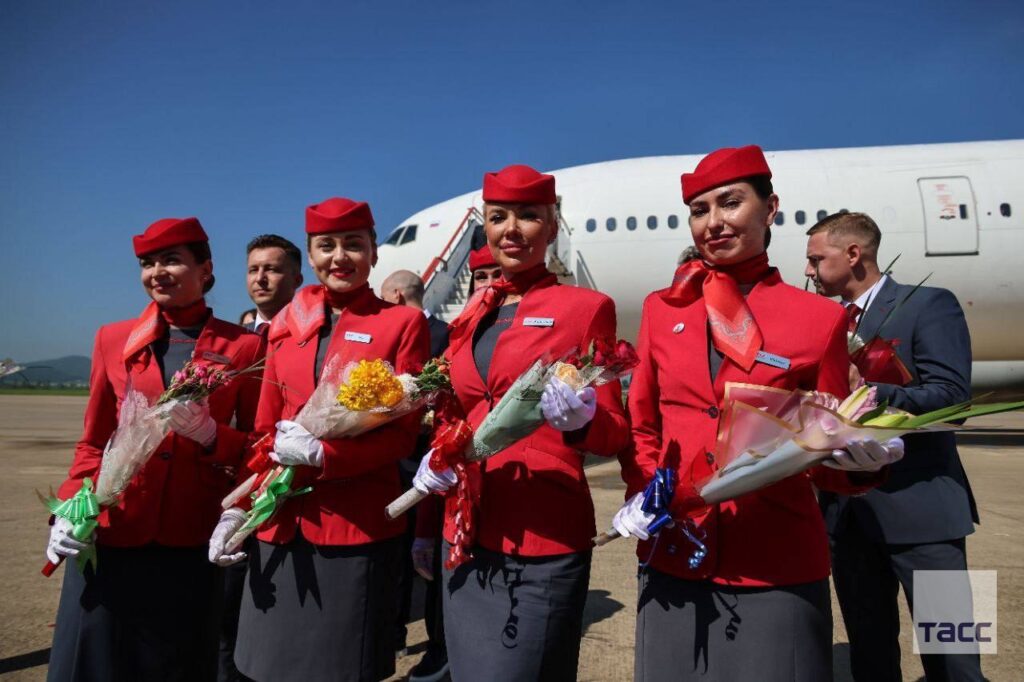
A Boeing-777 lifted off from Moscow’s Sheremetyevo airport on 27 July evening bound for Pyongyang. On board: Russia’s natural resources minister and dozens of passengers making aviation history.
Why does this matter? Russia just launched its first direct commercial flight from its capital to North Korea—a route that didn’t exist until now.
The Nordwind Airlines jet departed at 7:30 p.m. Moscow time for the eight-hour journey. Russian Minister of Natural Resources and Ecology Alexander Kozlov occupied one of the seats, according to TASS news agency. The return flight is scheduled for 29 July.
Rosaviation granted the airline permission to operate flights to the Democratic People’s Republic of Korea in early July. The Moscow-Pyongyang route will operate monthly, with officials citing the need to “build sustainable demand and flight occupancy.”
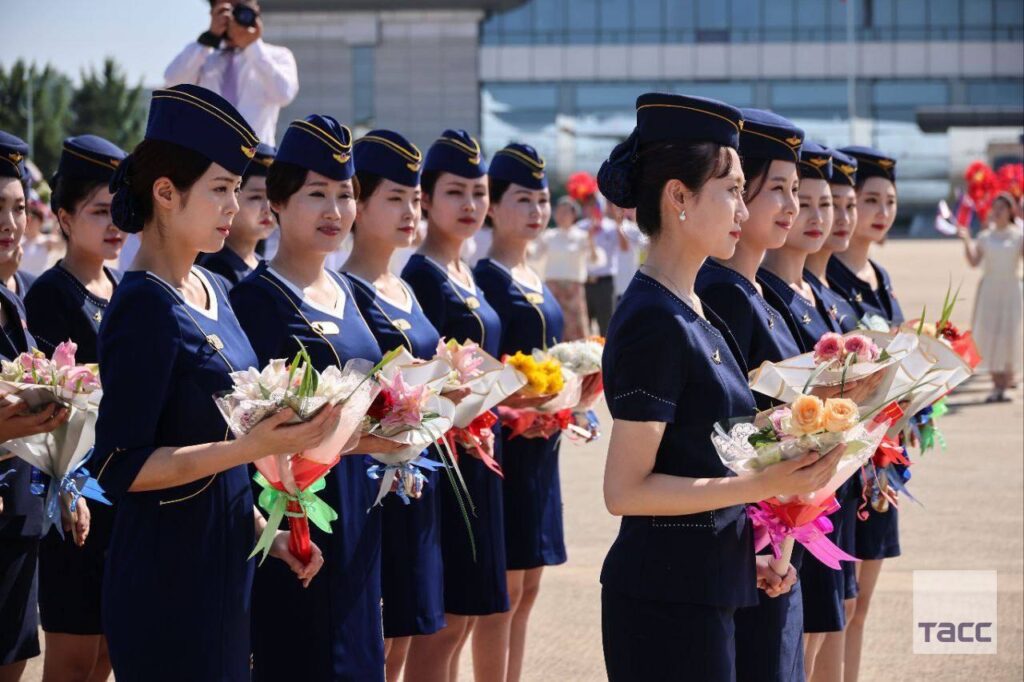
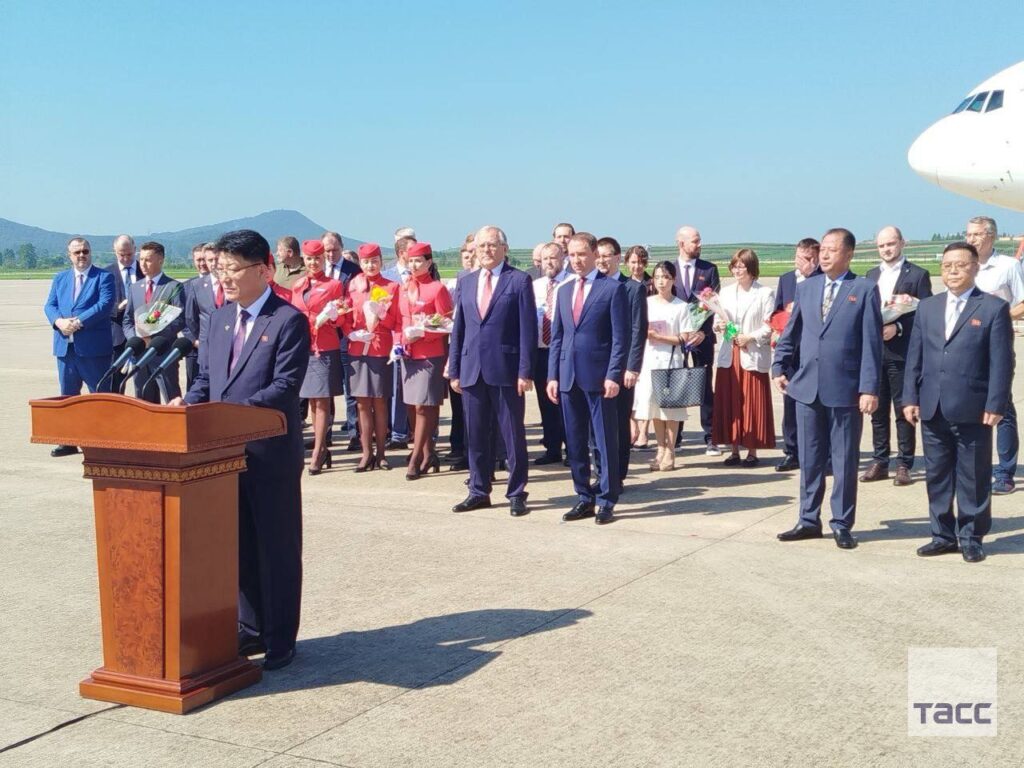
The new service represents the first direct commercial link between the Russian capital and Pyongyang, though limited flight connections already exist between Vladivostok and the North Korean capital. Those flights are operated by North Korean carrier Air Koryo, with tickets available only through organized tours to North Korea.
The flight’s timing coincides with North Korea’s Victory Day commemorations on 27 July, marking the 70th anniversary of the Korean War armistice in 1953. North Korean leader Kim Jong-un participated in the celebrations and referenced Russia’s role in what he termed the “anti-imperialist struggle.”
The expanded flight connections come as Western sanctions have severely restricted Russia’s aviation access to Europe and North America since 2022. Russian travelers to Europe now must transit through third countries, typically Türkiye, the United Arab Emirates, or Azerbaijan.
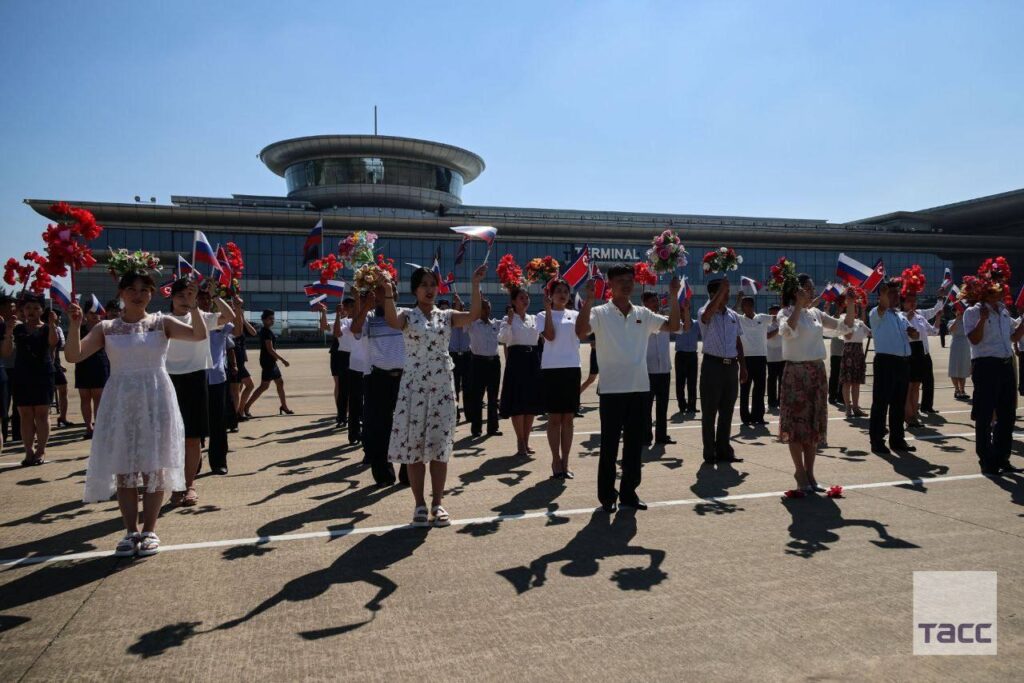
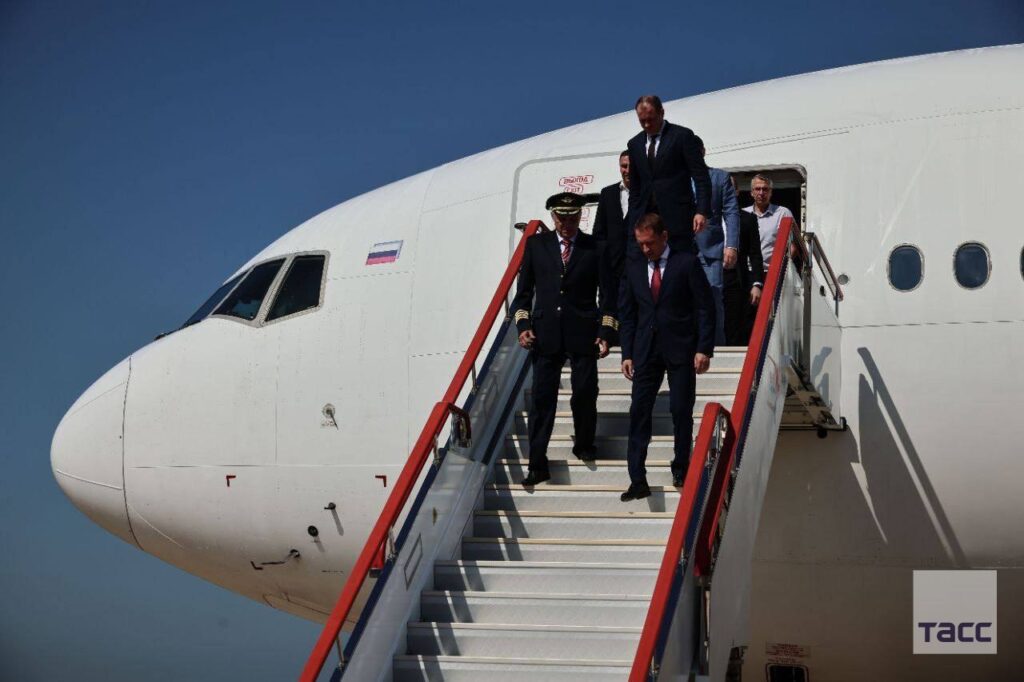
Russia-North Korea relations
North Korea has openly supported Russia’s military actions in Ukraine and signed a strategic partnership agreement with Moscow that functions as a military alliance.
Last year, the two countries resumed regular passenger rail service that had been suspended during the pandemic.
North Korean soldiers also participated in combat operations alongside Russian forces in Kursk Oblast.
According to Forbes, North Korea is dramatically increasing its military presence in Russia’s war against Ukraine, preparing to send 25,000–30,000 more troops—tripling its original deployment.
This escalation highlights Russia’s growing dependence on foreign soldiers to compensate for enormous battlefield losses, as President Putin seeks to avoid domestic mobilization. North Korean troops, who have already suffered thousands of casualties, are being deployed alongside substantial shipments of artillery, shells, and missiles—deliveries that now fuel about 70% of Russia’s artillery fire.